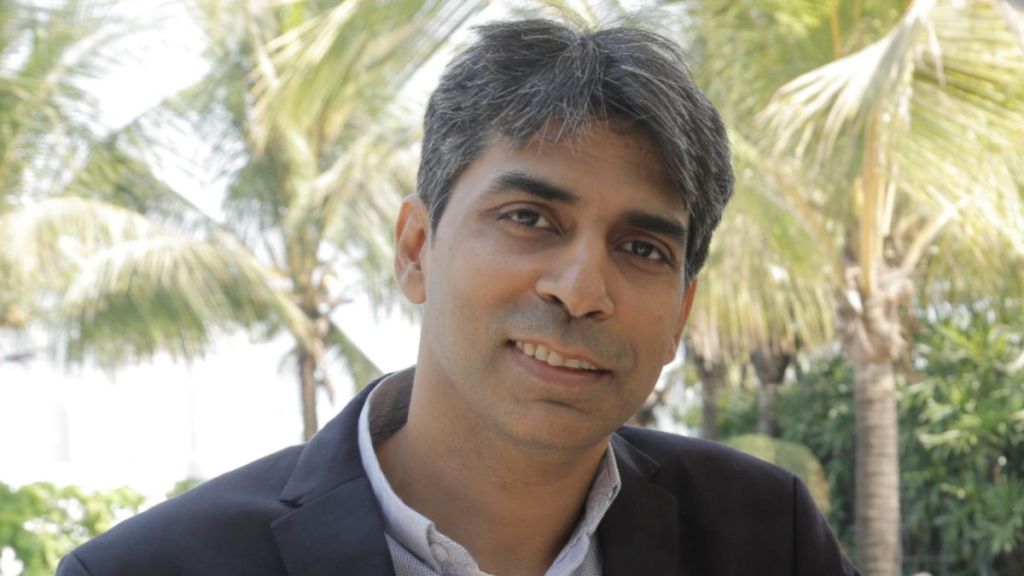By Ashish Jhalani
The National Curriculum Framework (NCF) for school education released by the Education Ministry is a remarkable document spanning 600 plus pages. I was reminded of India’s Vedantic heritage and the three levels of knowledge – the mind, the intellect and intuitive knowledge- and how all three are covered in the NCF. I consider the opportunity to offer feedback, one of the privileges of living in a democracy.
In my view, these are the key factors to build into the final document-
- Delivering advocacy through technology: I see this as the biggest challenge in implementing something on this scale. The transformative approach and extensive detailing requires the building of a massive training programme; to bring everyone on the same page. When change at this scale is to be implemented- ensuring equal vigor by all states in India and all stakeholders can be extremely challenging. A massive technology led, infrastructure approach is needed to ensure this.
- Building the educational/teacher cadre: The report is designed with the teacher at the heart of education delivery.The teacher will be expected to teach new subjects and adopt a new approach to old subjects. I see a massive challenge in building this capacity; hence, the need to retrain the existing workforce and also build a new workforce. Now as per the NCF, the pedagogical considerations within child development will cover physical development, emotional development, social and ethical development and cognitive development. Technology is the only way to train the educational cadre and we spoke about this in our Pencil Power Report 2022 as well.
- Limiting Pre- debate: It is evident that the document re-looks at curricular content and pedagogy. Hence, the pre-debate is likely to be intense; however when the intent and purpose are bigger, the debate must be encouraged in specific areas alone- such as implementation support and technology,
- Rethinking punishment/assessment: The NCF talks about overcoming the ‘fear of mathematics’ in the most creative manner possible. I’m assuming we can safely apply this to other subjects as well. For example, STEM genius has been a part of India’s global identity, and the rocket fuel for India’s rise in the world. If our system condones rigor, we will slip from chasing excellence to living with mediocrity. On the other hand, exposure to western precepts has made parents overly sensitive about feedback. This balance, especially when classroom inequity is rampant. In my view, this is a tough task and will require community training.
- Offering ‘Panchakosha vikas’: To my mind, this requires ecosystem training as a whole. The NCF encompasses the holistic delivery of education, including school environment and culture. Panchakosha vikas is an ancient explanation of the importance of the body-mind link in human experience and understanding. Developing a love for cultural context involves huge community buy-in and massive championing. A detailed communication campaign, including social media and traditional advertising, has to be employed to earn support for this mandate.
Coming back to India’s Vedantic heritage- the ‘mind’ of the NCF is going to be our teachers through whom the knowledge will be disseminated like the five senses. The ‘intellect’ is going to be the technological framework, which will ensure equity and universality. And the superior ‘intuitive’ knowledge is going to be the balance, rooted in India’s culture.
This is transformational and visionary, to say the least!
The author is president, international markets, Square Panda. Views expressed are personal.


